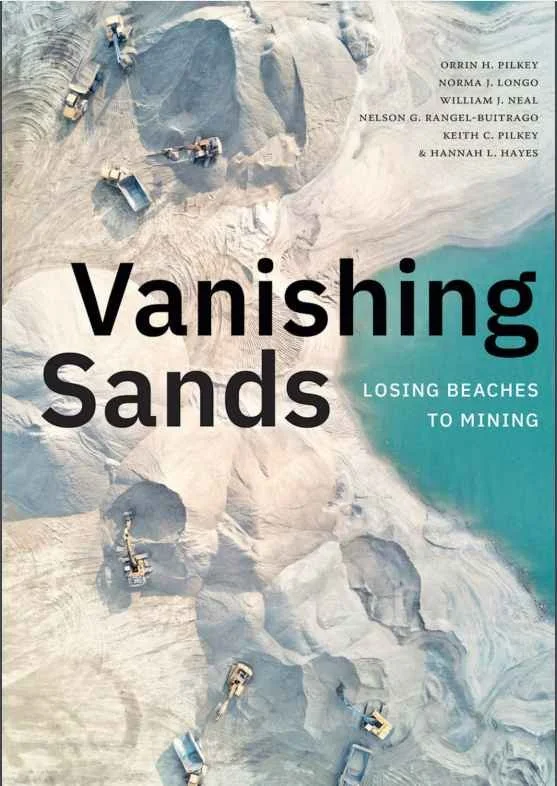By Mouhamadou Kane and Lucia Bird Ruiz Benitez de Lugo
In West Africa, communities increasingly engage in illicit economies to cope with the severe impacts of climate change. However, the environmental impacts of illicit economies magnify the harms of climate change. This report explores these interlinked phenomena in communities peripheral to Senegal’s Niokolo-Koba National Park and proposes responses. Recommendations Local communities have a major role to play in any measures to address the interlinked challenges of illicit economies and climate change. Moreover, their exclusion has impacts beyond conservation and climate change, threatening the legitimacy of the state. Such measures should seek to: l Strengthen the social compact between communities and local governance authorities. l Address corruption in the management of national parks and protected spaces. l Mitigate the negative impacts of securitising protection in national parks. l Support community resilience to climate change impacts through adaptation projects and/or climate resilient livelihoods. l Advance policies to provide feasible pathways to formalise artisanal gold mining.
OCWAR-T Research Report 11
OCWAR-T Organised Crime: West African Response to Trafficking . 2023. 28p.




